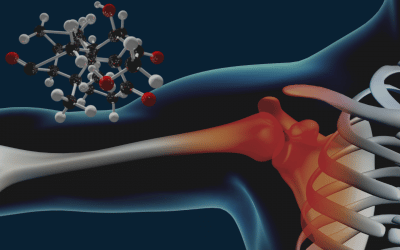The usefulness of corticosteroids is limited despite their notable potency due to their numerous side effects. The negative effects of corticosteroids seem to be correlated with both their cumulative duration and average dose. More commonly, adverse effects are more frequent at greater dosages and with chronic use.
The most common adverse effects of cortisone shots in the shoulder are:
- Pain: Pain after a cortisone shot at the area of insertion of the needle is a common temporary side effect
- Skin atrophy and Depigmentation: Cortisone use induces skin atrophy, leading to thinning and fragility of the skin
- Gastrointestinal reactions: Multiple gastrointestinal effects correlate with corticosteroid therapy, including gastritis, peptic ulcer disease, and abdominal distention may occur
- Cartilage damage: Cortisone shots cause damage to the cartilage forming cells with destruction and thinning of joint cartilage with a decrease in cartilage cell growth and repair
- Hyperglycaemia: Cortisone injections are the most common cause of drug-induced diabetes mellitus. Corticosteroid treatment also increases insulin resistance in patients with diabetes mellitus.
- Osteoporosis: Corticosteroids have also been shown to cause a decrease in bone formation
Reflex: Shoulder Mobility App
Monitor pain and shoulder range of motion using the Reflex app on iOS.


